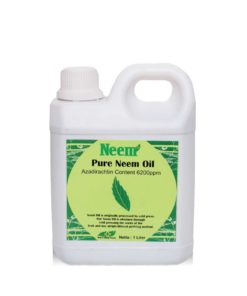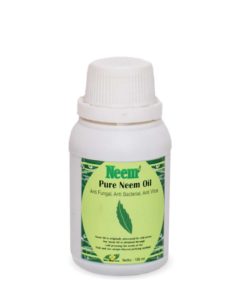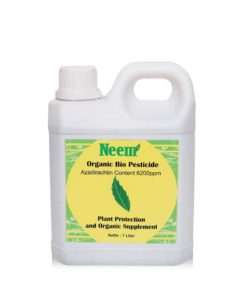Blog
Neem: A Comprehensive Guide to Nature’s Miracle Tree
Neem, scientifically known as Azadirachta indica, stands as an emblem of holistic health and traditional wisdom. Hailing from the Indian subcontinent, this tree has earned its place as a multi-faceted natural remedy in a myriad of domains
The Origin of Neem
Geographical Origin
Neem trees are indigenous to South Asia, primarily found in India, Bangladesh, Sri Lanka, Indonesia and Pakistan. The tree thrives in tropical and subtropical regions, displaying remarkable adaptability to diverse climates.
Cultural Significance
Neem is deeply entrenched in Indian culture, history, and traditions. It’s often referred to as the “village pharmacy” due to its extensive uses in traditional medicine, Ayurveda, and everyday life. The tree is highly regarded for its multifaceted benefits.
Global Expansion
Owing to its myriad uses and benefits, neem trees have been introduced to various parts of the world. They are now cultivated in regions with similar climates, including parts of Africa, the Middle East, Australia, and the Americas.
The Rich Diversity of Neem
Diversity of Neem Resources
Neem is a treasure trove of resources, offering multiple beneficial elements:
- Neem Oil: Extracted from the neem seeds, this oil is known for its diverse applications in health, skincare, agriculture, and more.
- Neem Leaves: These are integral in traditional medicine, used in teas, poultices, and medicinal pastes for their antibacterial and antifungal properties.
- Neem Powder and Extracts: Utilized in various formulations, including cosmetics, supplements, and herbal remedies.
- Neem Capsules: Often used as a convenient way to harness the health benefits of neem.
Historical Use and Traditional Wisdom
Neem has a long-standing history in Indian traditional medicine, where its various parts have been used for treating a multitude of ailments. Its effectiveness in healing and preventing diseases has been documented in ancient texts and passed down through generations.
Health and Wellness Benefits of Neem
Neem is renowned for its various health and wellness benefits. Here’s an in-depth look at how neem contributes to well-being:
1. Skin Health
- Acne Management: Neem possesses anti-inflammatory and antibacterial properties that help combat acne-causing bacteria. Applying diluted neem oil or using neem-based skincare products can reduce breakouts and soothe irritated skin.
- Skin Disorders: Neem’s antimicrobial nature makes it effective in managing various skin conditions like eczema, psoriasis, and dermatitis. It helps in relieving itching, redness, and inflammation.
2. Antifungal and Antibacterial Properties
3. Oral Health
4. Digestive Health
5. Boosts Immunity
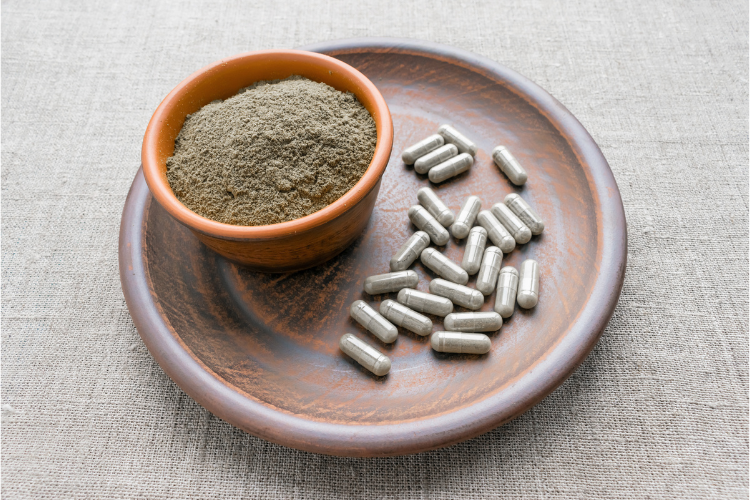
6. Supports Liver Health
7. Anti-inflammatory Effects
8. Blood Sugar Regulation
9. Supports Respiratory Health
The Household Applications of Neem
1. Insect Repellent
Neem oil acts as a natural insect repellent. It can be used in households to repel common pests like mosquitoes, ants, and cockroaches without harmful chemical residues.
2. Air Freshener and Deodorizer
Neem leaves or neem oil can be utilized to provide a fresh and natural fragrance. Burning neem leaves or using neem-based oils as air fresheners can help in reducing odors.
3. Eco-friendly Pesticide
Neem oil serves as an organic and eco-friendly pesticide, protecting plants from pests without harming beneficial insects. It is commonly used in gardening and plant care for its natural pest repellent properties.
4. Flea and Tick Control
Neem oil is considered safe for pets and can be used as a natural alternative to control fleas and ticks without harsh chemicals.
Neem’s Integration into Modern Industries
Pharmaceuticals and Medicine
- Antimicrobial and Healing Properties: Neem’s potent antibacterial, antifungal, and anti-inflammatory characteristics have prompted its inclusion in pharmaceuticals. It’s used in formulations for treating skin disorders, oral care products, and herbal supplements.
- Research and Development: Ongoing studies explore neem’s potential in developing new medicines, especially for conditions such as diabetes, skin ailments, and even cancer.
Cosmetics and Skincare Products
- Skin and Hair Care Formulations: Neem oil and extracts are common ingredients in cosmetic products like creams, lotions, shampoos, and soaps. Their antibacterial and moisturizing properties make them popular in the beauty and skincare industry.
- Anti-aging Formulations: Neem’s antioxidant properties contribute to its use in anti-aging creams and serums, combating free radicals and promoting youthful skin.
Animal Care and Veterinary Products
Neem oil is used in pet care products for controlling fleas, ticks, and other parasites. Its natural and non-toxic properties make it safer for animals.
Environmental Sustainability
- Biopesticides and Eco-friendly Solutions: The use of neem-based pesticides promotes environmental sustainability by reducing the reliance on synthetic chemicals, ensuring healthier ecosystems.
- Soil Health and Conservation: Neem’s impact on soil health makes it an integral part of sustainable agricultural practices, improving soil fertility and preventing erosion.
Textiles and Fabrics
Neem extracts are employed in the textile industry for their use as a natural dye and as an insect repellent for fabrics.
Alternative Energy Sources
Neem oil is used in the production of biofuels due to its high energy content and efficiency in combustion.
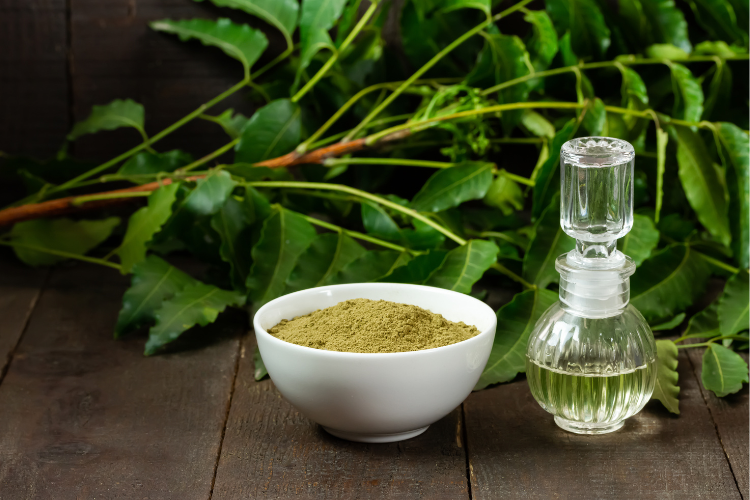
Takeaway
Using neem presents a compelling proposition due to its exceptional versatility and beneficial properties. Neem offers a natural and holistic approach to skincare, health, and environmental sustainability. Its potent antibacterial, antifungal, and anti-inflammatory attributes make it an effective solution for various skin conditions, oral health, and overall wellness. Furthermore, its integration into modern industries, such as pharmaceuticals, agriculture, cosmetics, and sustainable practices, highlights its adaptability and far-reaching impact.

 Indonesia
Indonesia

